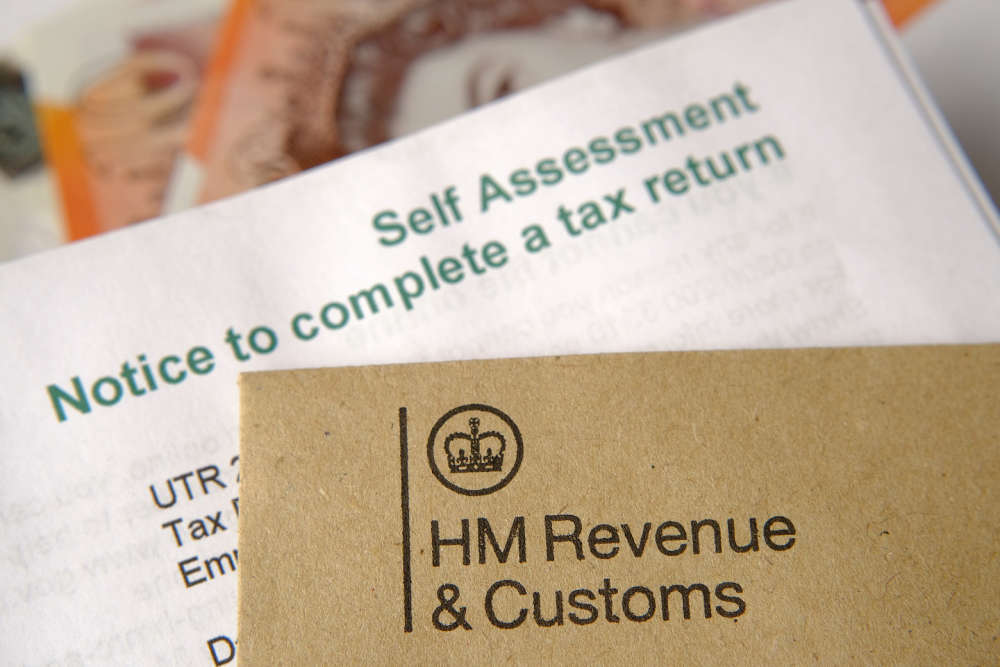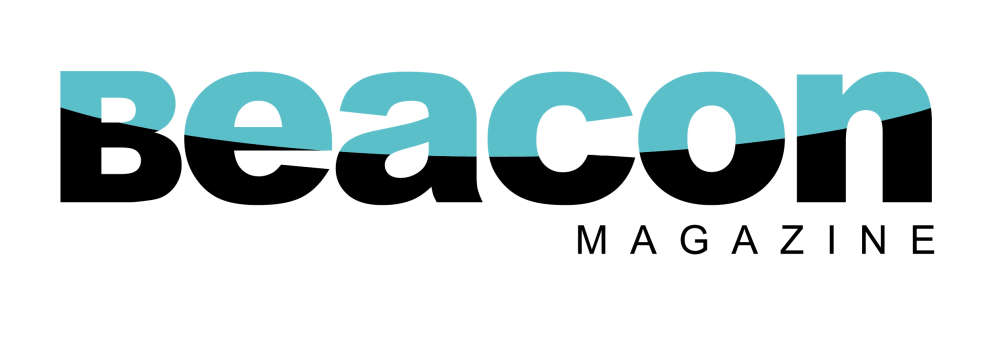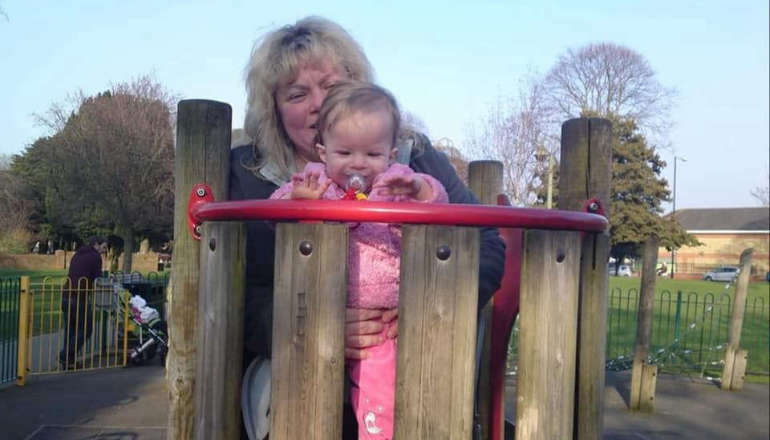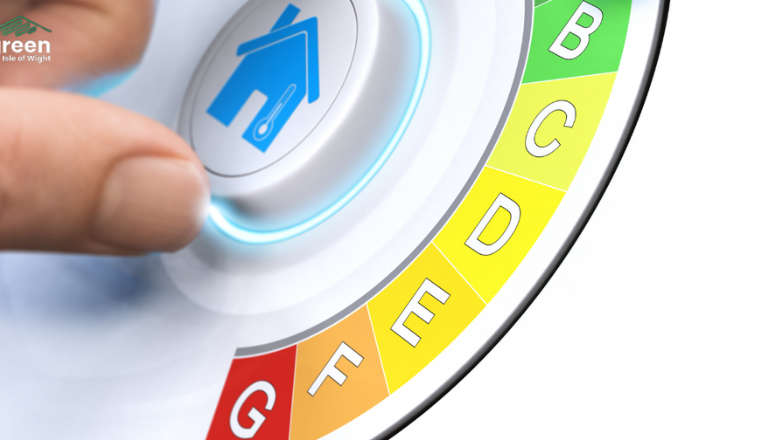
HM Revenue and Customs (HMRC) is waiving late filing and late payment penalties for Self Assessment taxpayers for one month – giving them extra time to complete their 2020/21 tax return and pay any tax due.
HMRC is encouraging taxpayers to file and pay on time if they can, as the department reveals that, of the 12.2 million taxpayers who need to submit their tax return by 31 January 2022, almost 6.5 million have already done so.
HMRC recognises the pressure faced this year by Self Assessment taxpayers and their agents. COVID-19 is affecting the capacity of some agents and taxpayers to meet their obligations in time for the 31 January deadline. The penalty waivers give taxpayers who need it more time to complete and file their return online and pay the tax due without worrying about receiving a penalty.
The deadline to file and pay remains 31 January 2022. The penalty waivers will mean that:
- anyone who cannot file their return by the 31 January deadline will not receive a late filing penalty if they file online by 28 February, and
- anyone who cannot pay their Self Assessment tax by the 31 January deadline will not receive a late payment penalty if they pay their tax in full, or set up a Time to Pay arrangement, by 1 April.
Interest will be payable from 1 February, as usual, so it is still better to pay on time if possible.
Angela MacDonald, HMRC’s Deputy Chief Executive and Second Permanent Secretary, said:
“We know the pressures individuals and businesses are again facing this year, due to the impacts of COVID-19. Our decision to waive penalties for one month for Self Assessment taxpayers will give them extra time to meet their obligations without worrying about receiving a penalty.”
Lucy Frazer, Financial Secretary to the Treasury, said:
“We recognise that Omicron is putting people under pressure, so we are giving millions of people more breathing space to manage their tax affairs.
“Waiving late filing and payment penalties will help ease financial burdens and protect livelihoods as we navigate the months ahead.”

 Schools Come Out In Force To Support "Wear What Makes You Happy" Fundraiser For Arlo Lambie
Schools Come Out In Force To Support "Wear What Makes You Happy" Fundraiser For Arlo Lambie
 Entertainment Guide: February 2025
Entertainment Guide: February 2025
 What to Watch in February 2025
What to Watch in February 2025
 Island Update: January 2025
Island Update: January 2025
 Ryde Rotary Centenary: 100 Years Strong
Ryde Rotary Centenary: 100 Years Strong
 Home Style: Scandi Island Life
Home Style: Scandi Island Life
 What to Watch in January 2025
What to Watch in January 2025
 Entertainment Guide: January 2025
Entertainment Guide: January 2025
 Memorial Held Following Death Of Kezi's Kindness Founder Nikki Flux-Edmonds
Memorial Held Following Death Of Kezi's Kindness Founder Nikki Flux-Edmonds
 Mountbatten Inviting Islanders To Sign Up For 2026 Lapland Husky Trail
Mountbatten Inviting Islanders To Sign Up For 2026 Lapland Husky Trail
 Home Style: Winter Wonderland
Home Style: Winter Wonderland
 Help Available For Islanders To Cut Energy Bills
Help Available For Islanders To Cut Energy Bills
 Island Update: December 2024
Island Update: December 2024
 New Home For Citizens Advice Isle Of Wight
New Home For Citizens Advice Isle Of Wight
 The Alternative Guide to Christmas Gifts
The Alternative Guide to Christmas Gifts
 Island Family Launches Appeal For Teenage Son With Brain Tumour
Island Family Launches Appeal For Teenage Son With Brain Tumour
 What to Watch in December 2024
What to Watch in December 2024
 A Gardener’s Best Friend: The Story of Bob the Robin
A Gardener’s Best Friend: The Story of Bob the Robin
 Memorial Quilt To Be Displayed On The Island
Memorial Quilt To Be Displayed On The Island
 Island Author Celebrating Amazon Number One
Island Author Celebrating Amazon Number One